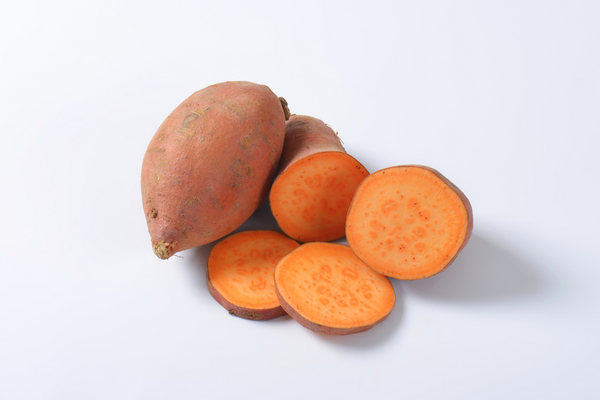Vitamin For Immune System
Vitamin E is an essential vitamin for Immune System Functions and here is why.
Vitamin E is actually a group of eight fat-soluble vitamins (see more on that below). They work together to do a great many things, starting with the prevention of oxidative stress to the body (aging) through antioxidants.
However, too much vitamin E in supplements form, can lead to excessive bleeding, or hemorrhaging.
 Almonds-great for Vitamin E
Almonds-great for Vitamin EVitamin E foods, like almonds and the ones listed below, are considered to be safe and healthy.
Foods high in vitamin E include dark leafy greens, nuts, seeds, avocados, shellfish, fish, plant oils, broccoli, squash, and fruits. The current Daily Value (DV) for vitamin E is 20mg.
Almonds
1 oz: 7.3 mg (27% DV)
In adequate amounts, Vitamin E can help protect against cancer, heart disease, and age-related macular degeneration (eye damage).
Vitamin E deficiencies are rare, (exceptions: infants, people with fat absorption problems, those with inflammatory bowel disease).
Deficiency symptoms include:
- Loss of muscle coordination
- Impaired vision
- Impaired speech
Eating vitamin E rich foods can:
- Balance cholesterol
- Repair damaged skin
- Thicken hair
- Balance hormones
- Improve vision
More on the eight different compounds. They work together to balance our bodies, and optimize its antioxidant functions. They are divided into two groups of molecules as follows:
Tocopherols and Tocotrienols.
- Tocopherols are considered the only true vitamins-giving the only real benefits.
- Tocotrienols, may help support normal cholesterol levels, and protect against free radical damage and the effects of aging.
- Combining them both, they appear to help promote brain health.
Since Vitamin E supplements only have one of the eight compounds (alpha-tocopherol), synthetic supplements will not actually help the body enough.
By reading the labels, you can learn about yours.
- Synthetic alpha-tocopherol is typically listed with a "dl" (dl-alpha-tocopherol).
- Non-synthetic or naturally-derived is typically listed with a "d" (d-alpha-tocopherol).
There are other reasons not to use particular Vitamin E supplements.
A vast majority of supplements also contain other harmful ingredients, such as soy, which contains compounds harmful to the body. These include:
- Goitrogens which blocks synthesis of thyroid hormones and interferes with our iodine metabolism
- Isoflavones that resemble human estrogen and may disrupt your endocrine function
- Phytic acid, which bind to metal ions, preventing the absorption of certain beneficial minerals, including calcium, magnesium, iron and zinc
- Supplements containing unfermented soy and soybean oil has the disadvantage of being genetically engineered (GE), which means they are heavily contaminated with the toxic herbicide glysophate or Roundup.
Best Organic Vitamin for Immune System Health
If you are going to buy Vitamin E supplements, I would recommend these. Because Natural Factors Farms are certified organic, they don't pollute the earth with pesticides and chemical fertilizers. They grow true species non-hybridized, non-GMO seeds, including many open-pollinated varieties.
Foods With the E Vitamin For Immune System Functions
Below is a list of most commonly bought foods high in vitamin E.
Spinach
1 bunch: 6.9 mg (26% DV)
Sweet Potato
1 Tbsp: 4.2 mg (15% DV)
Avocado
1 whole: 2.7 mg (10% DV)
Wheat germ
1 ounce: 4.5 mg (17% DV)

Sunflower seeds
2 Tbsp: 4.2 mg (15% DV)
Palm Oil
1 Tbsp: 2.2 mg (11% DV)
Butternut squash
1 cup, cubed: 2 mg (7% DV)
Trout
3 oz: 2 mg (7% DV)
Olive oil
1 Tbsp: 2 mg (7% DV)
Learn about the other vitamin for Immune System Functions.
Go to the Homepage of Health-Current Events
Click any Social Media link to share this page forward. Feel free to Pinterest us too!
